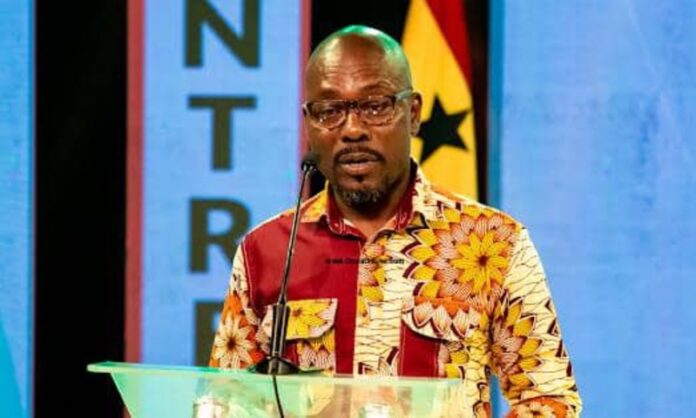Mawuli Agbenu, Greater Accra Regional Director of the National Commission for Civic Education (NCCE), has reiterated the call for Ghanaians to refrain from electoral violence.
He emphasized the importance of a peaceful electoral process, warning that electoral violence poses a significant threat to democracy, stability, and social cohesion.
Mr. Agbenu noted that acts of violence, intimidation, and vandalism could undermine the legitimacy of election results and erode public trust in the political system.
He delivered this message during a 2024 lecture on peace organized by the Presbyterian Church of Ghana, Ga Presbytery, Department of Ecumenical and Social Relations, under the theme “Strengthening Our Capacity to be Peacemakers Before, During, and After the 2024 General Elections.”
Mr. Agbenu was accompanied by Edem Afeeva, Ayawaso West Municipal Director of the NCCE, and other staff of the commission.
He explained that electoral violence leads to injury and death, destruction of property, hardship for citizens, and exacerbates underlying chieftaincy and ethnic conflicts. It also diminishes political participation, as distrust in the process leads to lower voter turnout.
The NCCE regional director further noted that such violence causes political instability, human rights violations, stalls infrastructure and economic development, tarnishes the international image of the country, and fosters economic stagnation, creating anxiety and a breakdown of law and order.
He acknowledged that, while Ghana is known for its vibrant democracy and history of regular elections, threats like misinformation, disinformation, fake news, hate speech, religious bigotry, electoral violence, corruption, and money in politics could still harm the country’s democratic reputation.
Mr. Agbenu identified drivers of electoral violence, including ethnic or religious divisions, disputed results due to alleged fraud, militant or vigilante groups, weak security measures, perceptions of Electoral Commission bias, and the “winner-takes-all” syndrome.
He appealed to Ghanaians to safeguard peace and ensure a smooth democratic process.
“An election is a formal process in which eligible citizens choose their representatives or leaders by voting. It is fundamental to democratic governance and serves to make decisions about leadership, public policy, and other key issues,” he stated.
Addressing credible elections, he highlighted benchmarks such as inclusivity, fairness, transparency, competitiveness, and accountability.
Mr. Agbenu stressed that peaceful elections are a shared responsibility, involving various agents and citizens, and that Ghana’s 1992 Constitution provides a framework for credible, peaceful, free, and fair elections.
ALSO READ:

